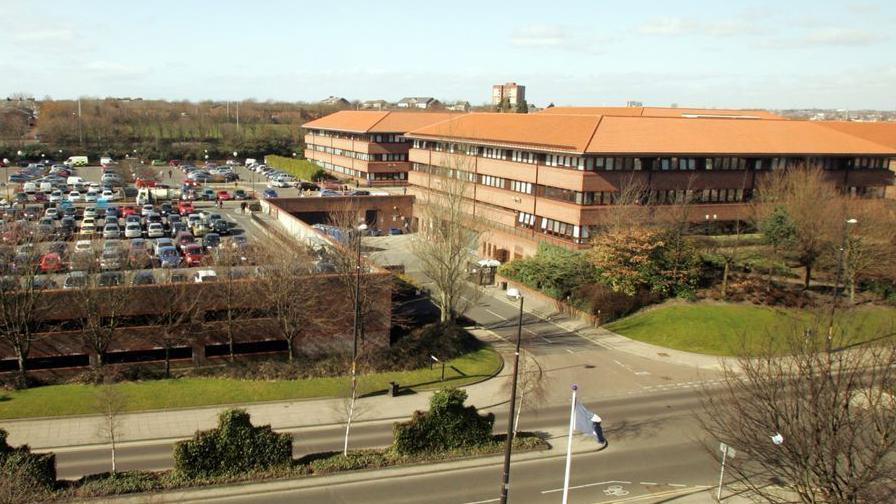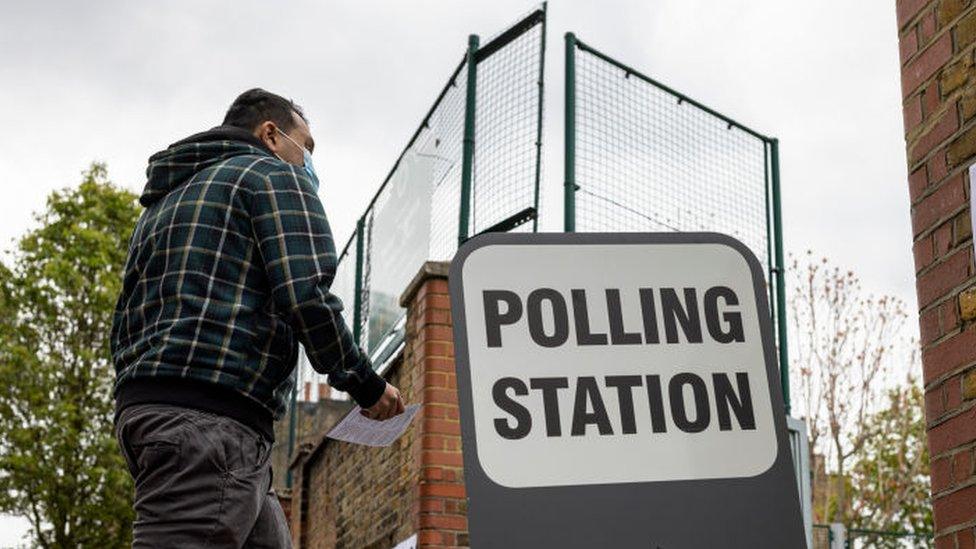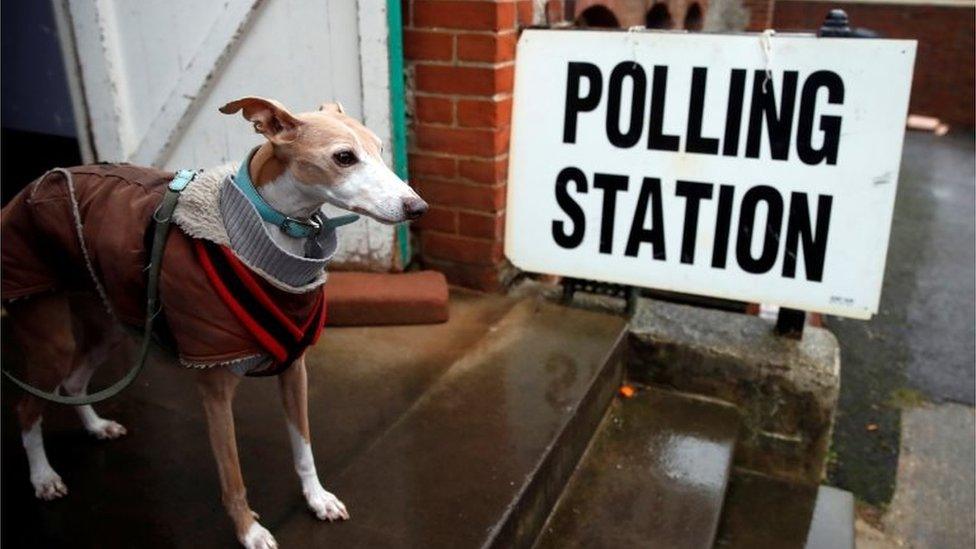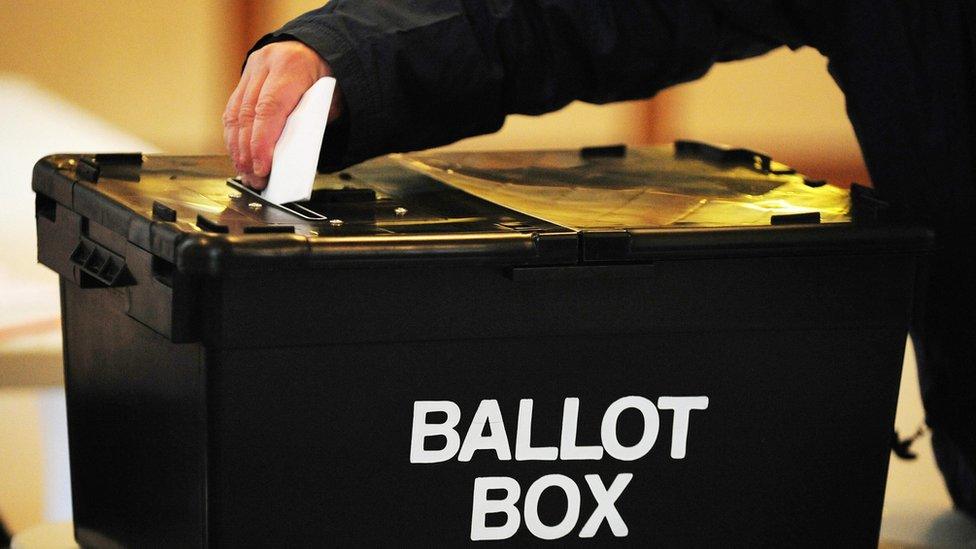Postal vote response to 'gerrymandering' ID plan

Gateshead Council's leader said an urgent discussion was needed
At a glance
Gateshead Council believes improved postal voting could alleviate concerns about new identification (ID) laws.
The Elections Act 2022 requires voters to present ID before casting their ballot.
Opponents of the new legislation believe it could lead to voter "suppression" among groups who find it hard to get ID.
The government said everyone eligible to vote would continue to have the opportunity to do so.
- Published
Improved postal voting could address concerns new identification (ID) laws will lead to voter “suppression”, a council leader has said.
The new Elections Act 2022 requires voters to present ID before casting their ballot in elections.
Gateshead Council Labour leader Martin Gannon called it "political gerrymandering" and said its impact on turnout was intentional.
The government has said, external everyone eligible to vote would "continue to have the opportunity to do so".
It said it "acknowledges levels of fraud are low" but "every ballot matters".
In 2021 the Electoral Commission recorded 79 incidents of voting violations that warranted investigation, the Local Democracy Reporting Service said.
These cases were spread across multiple elections throughout the UK including local, mayoral, police and crime commissioner, and parliamentary by-elections.
'Massive, huge impact'
Opponents of voter ID say it risks disenfranchising some voters.
Charities have pointed out people with learning or other disabilities may have no passport or driving licence, limiting what they can provide as ID at polling stations.
Mr Gannon said an "urgent discussion" was needed.
"This is going to have a massive, huge impact on voter turnout," he said.
“Which, of course, is the reason why it was introduced. It is political gerrymandering of the worst order.”
The solution was to improve postal voting, which does not require ID, he said.
Follow BBC North East & Cumbria on Twitter, external, Facebook, external and Instagram, external. Send your story ideas to northeastandcumbria@bbc.co.uk, external.
Related topics
- Published13 December 2021

- Published7 April 2022

- Published5 July 2021
